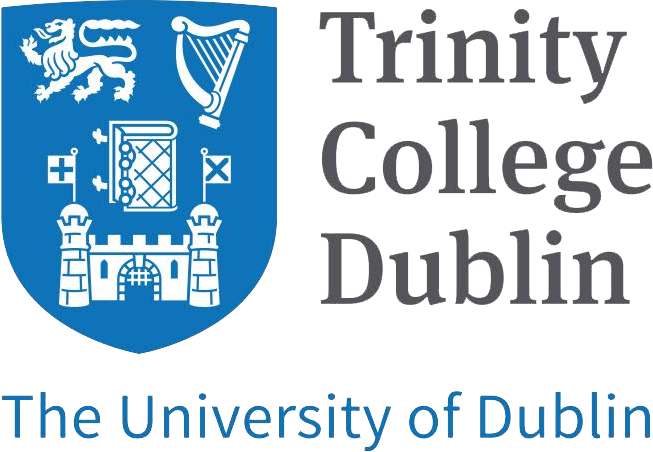Infectious disease and dietary deficiency are two of the greatest drivers of adaptive evolution in modern human populations. These pressures have intensified since the onset of agriculture and often underlie acute episodes of population collapse, e.g. famine or epidemic events. However, for even the most well-studied of genes (e.g. lactase), the exact timing and tempo of positive selection in populations remains poorly defined. Moreover, the implicit interplay between the pressures of infection and malnutrition, mediated by the robustness of the immune system, is often overlooked in an evolutionary context, despite its relevance to modern-day populations (e.g. effect of vitamin D deficiency on respiratory disease severity). This project proposes to interrogate this with ancient genomic technologies that allow us to witness selection through time. In particular, the island of Ireland offers a near-perfect natural system within which to study recent human evolution. The island’s population has experienced long-term genetic continuity over the past four thousand years, during which time traits such as lactase persistence and light skin pigmentation rose to global peaks in frequency. The chosen candidate will contribute to the construction of a dense time-series dataset of ancient Irish genomes and with this map temporal changes in allele frequencies and patterns of linkage disequilibrium on the island to a high degree of resolution. This will allow for a better understanding of the environmental and cultural drivers underlying known selection signatures in modern populations, as well as the identification of novel selection signatures. A strong grounding in genomics and bioinformatics is preferable, but not required.
Plus d’informations :
[Website Trinity College Dublin]

